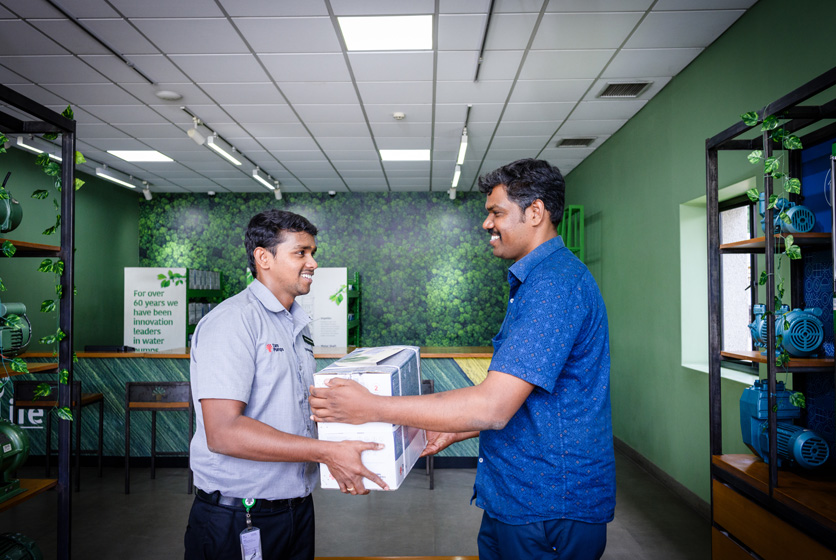People in Agriculture - P.V. Satheesh
In March 2021, the United Nations General Assembly declared 2023 as the International Year of Millets. This was done based on a proposal given by the Government of India. And India has conducted various kinds of activities and campaigns to promote the consumption of millets. As recent as August 2023, a FICCI Shree Anna Millet Conclave was conducted in Delhi and Dr.Khader Vali; sometimes known as the Millet Man of India; inaugurated the conclave. There are many people in India making a difference in the way people perceive and consume millets. And one such man was P.V. Satheesh.
The original millets man
After P.V. Satheesh died in March 2023, almost all eulogies referred to him as the original millets man. A look at his life seems to justify this description too:
-
He founded Deccan Development Society (DDS)
-
His work for the marginalised Dalit women farmers
-
Revival of millets around 30 years back in Medak district
-
Establishing the Community Grain Fund based on millets, modelled on the public distribution system
-
Creation of many national and international networks for millets and food ecology
-
Reviving local food systems and seed systems and so on
The Deccan Development Society (DDS) works with women’s sangams in Sangareddy District, Telangana. P.V. Satheesh founded the DDS with a view to empower women and communities of this region to be autonomous in food production, natural resource management, seed diversity, and health needs too. DDS has been responsible for conducting many workshops and initiation of networks such as Millet Network of India.

More than millets
While P.V. Satheesh’s name is most strongly associated with millets, he has encompassed several other aspects of Indian agriculture too. Local knowledge systems, Agri-biodiversity, and food sovereignty were few of the things close to his heart. For instance, his work in revival of local seed systems was not only critical but innovative as well.
There are biodiversity caravans; called jataras; that travelled between villages propagating knowledge on local resources. The Community Grain Fund was a hyper-local alternative to the public distribution system and because this Fund was based on millets, it gave the locals a chance to make it successful.
By focusing on biodiversity, P.V. Satheesh helped revive rainfed lands, fallow lands, and by extension, strengthened community-based seed banks, and rural employment opportunities. His ideas and work may have been best displayed in a local area, but they also went on the inspire and start several national projects and agencies such as the Centre for Sustainable Agriculture (CSA) as well.
Networking was another powerful tool in P.V.Satheesh’s work for Indian agriculture. He was the coordinator from India for the South Asia Network on Food, Ecology and Culture (SANFEC). He also built a network of future leaders by making children aware of agriculture and meaningful conversations in the Pachha Sale or Permaculture School.
The rich agrarian legacy of P.V.Satheesh is best felt in the fact that implementing a scientific, systematic, and deep-rooted approach to community building, agroecology, and sustainable farming is the strongest way to build an equitable society – whether it is for food security or social empowerment.
#InterestingInfo
-
The work done by P.V. Satheesh & DDS was showcased in the Rome Food Summit, 1996.
-
P.V. Satheesh helped launch Sangham Radio, India’s first rural society led community radio station.



